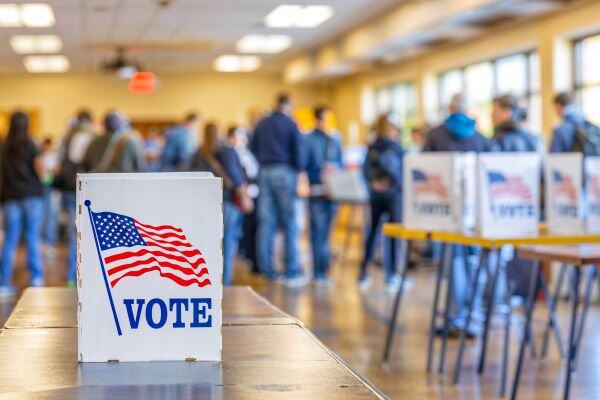The passage of the Consolidated Appropriations Act (CAA) unleashed a slew of requirements for health issuers and employer-sponsored health plans, including the annual completion of a Gag Clause Prohibition Compliance Attestation (GCPCA). The attestation applies to Employee Retirement Income...
News & Insights
The IRS establishes many of the rates and limits that pertain to health plan compliance, including the affordability threshold and limits associated with flexible spending accounts (FSAs), health saving accounts (HSAs) and high deductible health plans (HDHPs). As a new year approaches plan sponsors...
The Department of Labor’s (DOL’s) final rule regarding overtime pay increases the salary threshold for exempt executive, administrative and professional employees. While the rule went into effect July 1, 2024, employers need to note the upcoming 2025 requirements.
High deductible health plans (HDHPs) have enjoyed a safe harbor, extended by the Consolidated Appropriations Act (CAA), in which members could maintain health savings account (HSA) eligibility alongside first-dollar coverage for telehealth services. This safe harbor is set to expire on December 31,...
Employer-sponsored benefits are a critical element of an employee’s total compensation. Yet it’s no secret that employees struggle to understand how to leverage their benefits to improve their health, reduce waste and avoid medical debt. The National Institutes of Health cited that only 8% of...
Another election year is upon us, and HR personnel are bracing for impact as tense political topics make their way to the workplace. Political topics are polarizing but outright barring political discussion is not always a realistic option for employers. Legally, employers can prohibit employees...
Kansas Governor Laura Kelly recently signed senate bill 430 into law, which took effect July 1, 2024. The new bill impacts multiple aspects of workers’ compensation claims in Kansas and requires employers to post an updated Rights and Responsibilities poster.
The Equal Employment Opportunity Commission (EEOC) is the guiding agency responsible for enforcing federal laws that prohibit discrimination based on an employee or job applicant’s race, color, religion, sex, national origin, age, disability, or genetic information. Employers should follow EEOC...
A regulatory move by the Centers for Medicare and Medicaid Services (CMS) allows states to include adult dental care as an essential health benefit (EHB) that must be covered in individual and small group health plans in 2027.
On April 25, 2024, the Federal Trade Commission (FTC) issued a ban on noncompete agreements, poised to go into effect on September 4, 2024. The ruling was swiftly met with lawsuits challenging the FTC’s authority to enforce such a ban. Nearly three months later the FTC continues playing whack a...










